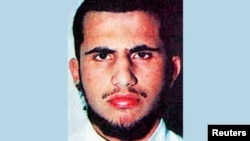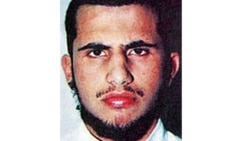A key al-Qaida terrorist, for whose location the State Department offered up to $7 million under its Rewards for Justice Program, was killed recently in a U.S. airstrike near Sarmada, Syria. Muhsin al-Fadhli was the head of an al-Qaida offshoot known as the Khorasan group, which plots external attacks against the U.S. and its allies.
Al-Fadhli, who previously worked with al-Qaida’s Iran-based facilitation network, had been a close confident of Osama bin Laden and, according to a Pentagon spokesman, was “among the few trusted al-Qaida leaders that received advanced notification of the Sept.11, 2001 terrorist attacks.”
Another senior al-Qaida leader was also killed this month. Abu Khalil al-Sudani died in a U.S. airstrike in Afghanistan’s Paktika province on July 11, 2015. The Pentagon said that al-Sudani had been a senior member of the group’s “shura” or council, and headed al-Qaida suicide and explosive operations. He had also directed operations against the coalition, Afghan and Pakistani forces, and maintained a close association with Al-Qaida’s top leader, Ayman al-Zawahiri.
In June, a U.S. air strike over Yemen killed Nasir al-Wuhayshi, the leader of al-Qaida in the Arabian peninsula, or AQAP, which has been responsible for numerous high-level terrorist plots, including foiled attempts to send explosive-laden packages to the United States via cargo plane. In 2013, Al-Qa’ida leader Ayman al-Zawahiri named al-Wuhayshi as his deputy.
With the deaths of al-Fadhli, al-Sudani and al-Wuhayshi, al-Qaida’s operations across the globe have been degraded, and demonstrate once again that the United States will continue to counter violent extremism in the region and beyond. Their deaths also show, as President Barack Obama has said, that “Those who make the mistake of harming Americans will learn that we will not forget…that our reach is long and that justice will be served.”






